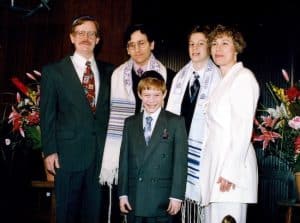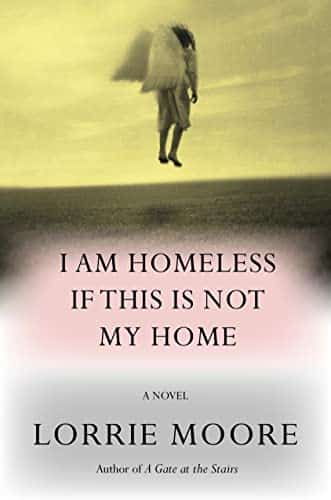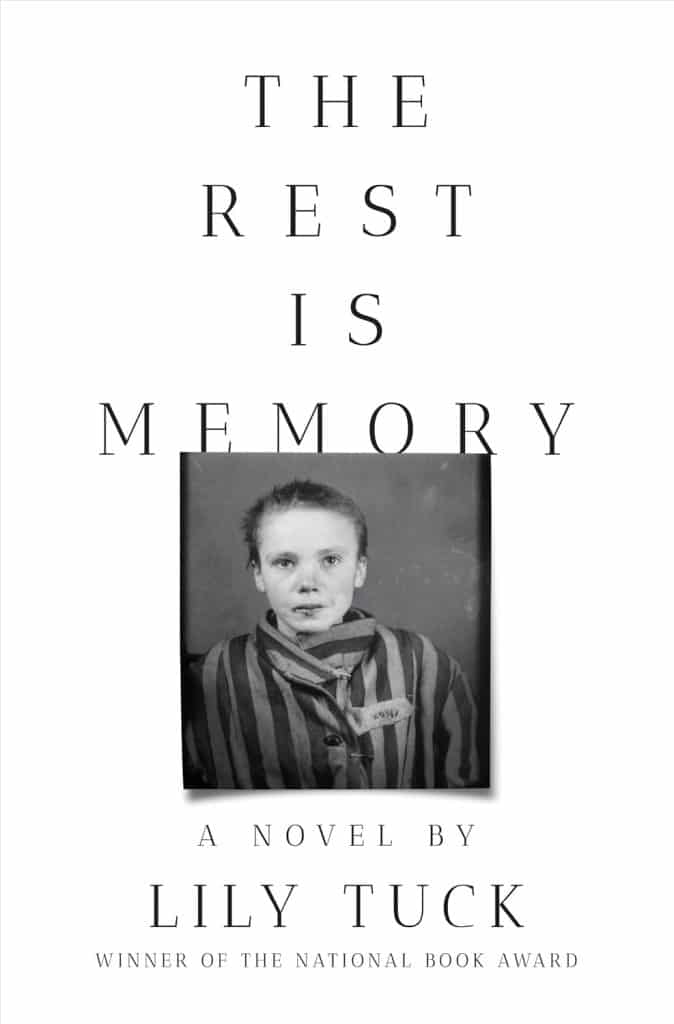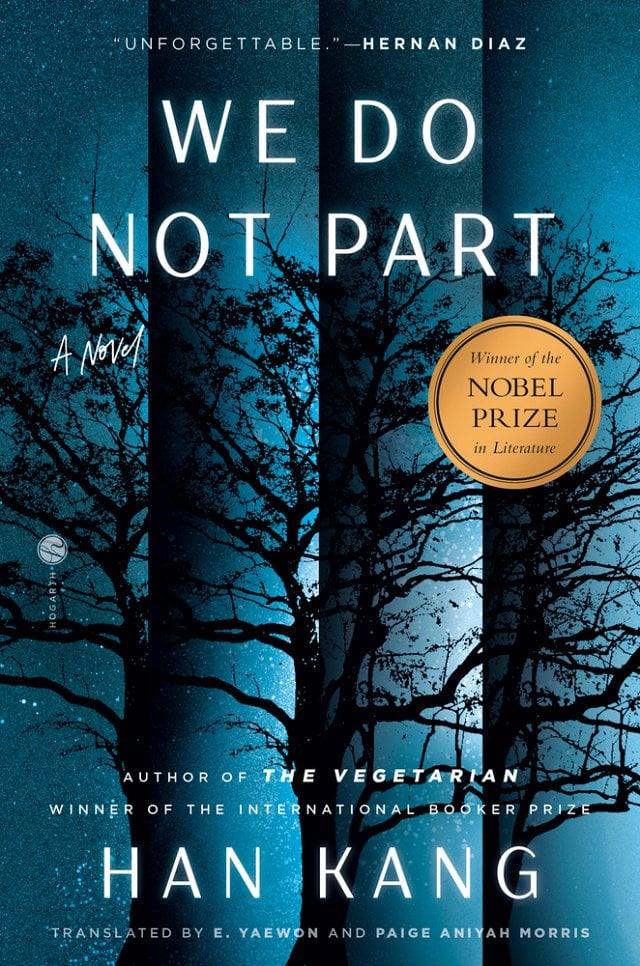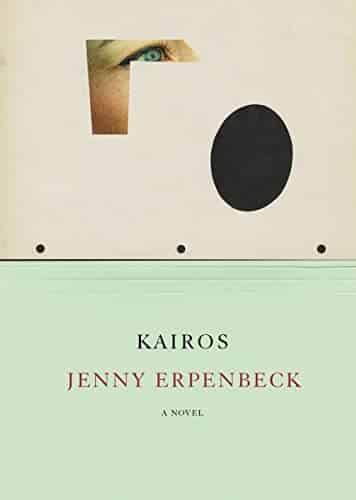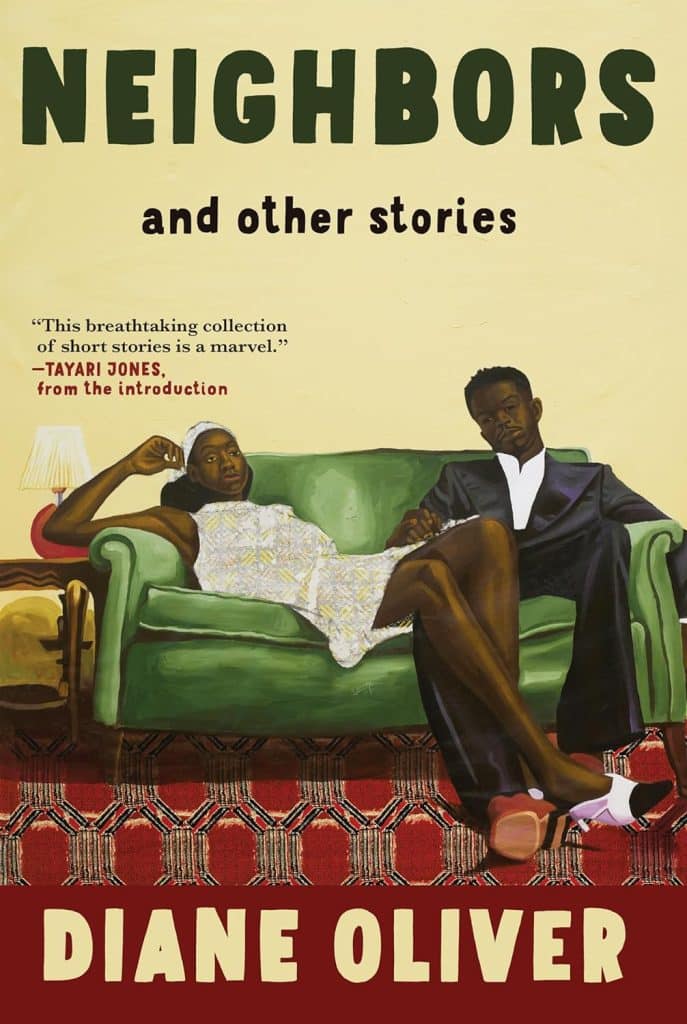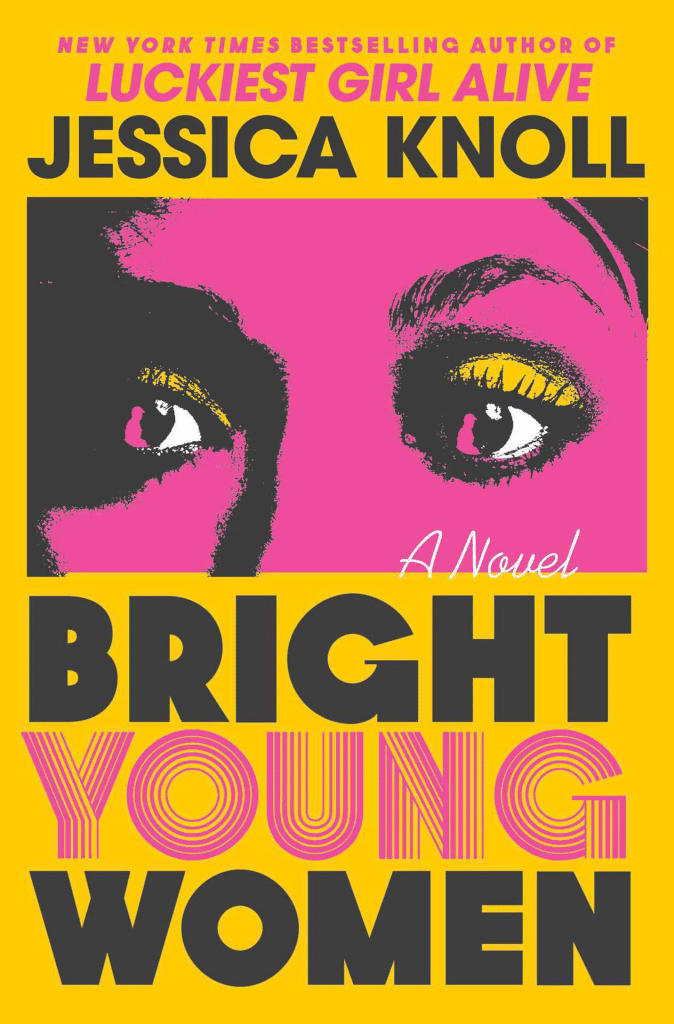
Faith In My Grief Journey
Estimated reading time: 1 minute, 34 secondsAs a Jew, doubt fuels my life journey, especially during the days and nights of my grief.
Although I was not born Jewish, I have always been a skeptic who seeks to understand and not accept anything on blind faith.
When I met Jan, I worshiped at St john’s Lutheran Church in East Williamsburg.
The Church was the sponsor of my VISTA assignment.
Jan was not observant when we met.
When we had children, we realized we could not continue to have multiple faiths.
 Since Jan died, I have attended services almost every Friday night as a proud member of Temple Sha’arey Shalom, a warm Reform, inclusive synagogue.
Since Jan died, I have attended services almost every Friday night as a proud member of Temple Sha’arey Shalom, a warm Reform, inclusive synagogue.
Without the support and friendship of Rabbi Dr. Renee Edelman, I am not sure how I would have survived the loss of the love of my life.
It has become part of my strategy not merely to survive grief but to endure the pain and find a purpose in my life without Jan.
The Rev. Dr. Martin Luther King, Jr. defined faith in a way I understand and embrace.
Faith is taking the first step even when you can’t see the whole staircase.
My eyes cannot confirm if the stairs go down or up or are spiral staircases.
But my faith allows me to take one step at a time.
The love Jan and I shared will never die.
The Jan Lilien Education Fund sponsors ongoing sustainability and environmental awareness programs. Gifts made this month; I will match dollar-for-dollar. All donations are tax-deductible.
I receive a commission when you buy a book or product using a link on this page. Thank you for supporting Sharing Jan’s Love blog.


